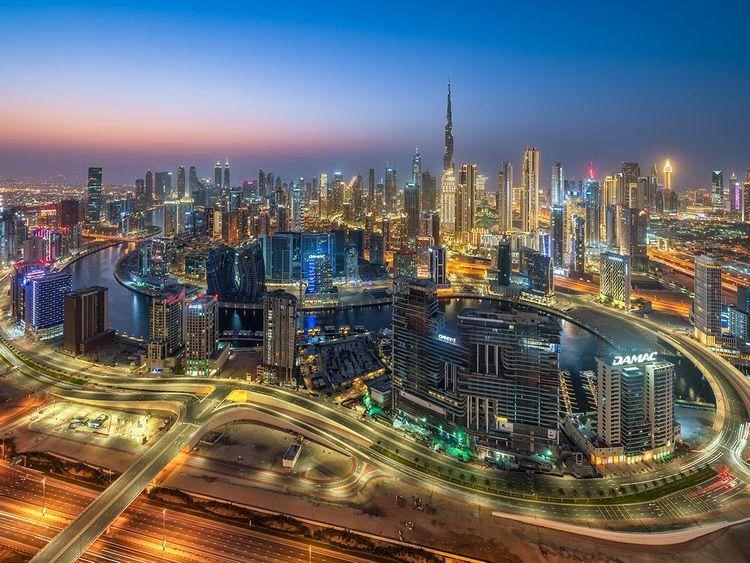rajkotupdates.news: pm modi india happy to join single use plastics

Plastic has become one of the most significant environmental problems in recent years rajkotupdates.news: pm modi india happy to join single use plastics. It is estimated that by 2050, there will be more plastic than fish in the world’s oceans. In an effort to combat this issue, many countries have implemented measures to reduce or ban single-use plastics – items such as straws, bags and cutlery that are used once before being discarded. India recently joined this movement with Prime Minister Narendra Modi announcing a nationwide phase-out of single-use plastics by 2022. This bold move has sparked both praise and criticism, but what does it mean for India’s future? Let’s explore the benefits and potential drawbacks of PM Modi’s decision to join the fight against single-use plastics.
What is PM Modi’s decision to join single use plastics?
Prime Minister Narendra Modi made the announcement to phase out single-use plastics by 2022 on India’s Independence Day in 2019 rajkotupdates.news: pm modi india happy to join single use plastics. This decision was motivated by a large increase in plastic waste and pollution across India, with over 25,000 tonnes of plastic waste generated daily.
The government aims to eliminate six types of single-use plastics: plastic bags, cups, plates, small bottles (less than 200 ml), straws and certain types of sachets. The ban will first be enforced in tourist areas before being gradually rolled out nationwide.
To encourage compliance with the ban and promote sustainable alternatives, PM Modi has launched initiatives such as “Say No to Plastic” campaigns and encouraging the use of eco-friendly products.
This move is seen as a significant step towards achieving India’s commitment to reduce its carbon footprint under the Paris Climate Agreement. It also aligns with global efforts towards a more sustainable future for our planet.
While there may be challenges ahead for businesses and industries dependent on single-use plastics, this decision presents an opportunity for innovation in developing new materials that are environmentally friendly while creating jobs at the same time.
The Benefits of Joining Single Use rajkotupdates.news: pm modi india happy to join single use plastics Plastic Ban
The decision of PM Modi to join the single use plastic ban is indeed a welcoming move towards a cleaner India. The benefits of this decision are numerous and far-reaching.
Firstly, it will help in reducing the amount of plastic waste generated, which often ends up polluting our oceans and rivers rajkotupdates.news: pm modi india happy to join single use plastics. By banning single-use plastics such as straws, packaging materials, cutlery and bags, we can reduce the overall consumption of plastics.
Secondly, this move will encourage people to switch to eco-friendly alternatives such as cloth bags or paper bags which are biodegradable and won’t harm the environment. This shift in behavior among citizens can lead to a significant reduction in plastic pollution levels.
Thirdly, joining this ban will put India on par with other countries that have already banned single-use plastics. This step can improve India’s image globally while also setting an example for others around the world.
Lastly but most importantly, by reducing plastic pollution levels we will be able to protect our planet from further environmental damage caused due to non-biodegradable wastes. It is high time that we take steps towards sustainable living habits for both ourselves and future generations.
Opposition to the rajkotupdates.news: pm modi india happy to join single use plastics Ban
While PM Modi’s decision to join the single use plastic ban has been applauded by many, there are still those who oppose this move. One of the main arguments against the ban is that it will negatively impact small businesses and vendors who rely on these plastic products for packaging and other purposes.
Opponents also argue that alternative materials such as paper or cloth bags can be more expensive and less durable than plastic, creating a financial burden for some consumers. Additionally, they contend that banning single use plastics may not effectively reduce overall waste and pollution if adequate waste management systems are not in place.
However, supporters of the ban point out that there are numerous cost-effective alternatives available such as biodegradable plastics or reusable containers. They argue that the environmental benefits of reducing plastic waste far outweigh any potential economic costs.
It is important to note that while opposition to the ban exists, public support for reducing single use plastics continues to grow worldwide. As we move towards a cleaner India, it is crucial for all stakeholders including government officials, businesses and individuals alike to work together towards finding sustainable solutions.
How will this Affect India’s Economy?
The ban on single use plastics is expected to have a significant impact on India’s economy. The plastic industry in India has been growing rapidly over the past few years, and this decision could result in job losses and decreased revenue for businesses that rely heavily on plastic production.
However, there are also potential benefits to the economy from reducing single use plastics. For one, it could create opportunities for innovation and development of more sustainable materials. This could lead to new industries and jobs emerging in India.
Additionally, reducing waste through a ban on single use plastics could save money for local governments who would otherwise have to spend resources collecting and disposing of littered items. It may also help improve public health by reducing pollution levels that can cause respiratory problems.
While there may be some short-term economic challenges associated with this decision, it is important to consider the long-term benefits both for the environment and potential economic growth from innovative solutions.
What Next for India?
India has taken a bold step towards becoming a cleaner and greener nation by joining the global initiative to ban single use plastics. While there may be some challenges in implementing this decision, it is important to focus on the potential benefits for the environment and public health.
The government must continue to educate citizens about the harmful effects of single use plastics, while also promoting alternatives such as reusable bags and containers. Companies need to work together with the government to find sustainable solutions that will not harm our planet’s natural resources.
It is crucial for India’s economy that we consider innovative approaches that can create jobs while reducing waste. It is possible for businesses, governments, and individuals alike to thrive without sacrificing environmental sustainability.
India’s decision to join the fight against single use plastics should be seen as an important step forward in building a healthier future for all rajkotupdates.news: pm modi india happy to join single use plastics. By working together towards a common goal of protecting our planet, we can ensure that future generations inherit a world worth living in.




